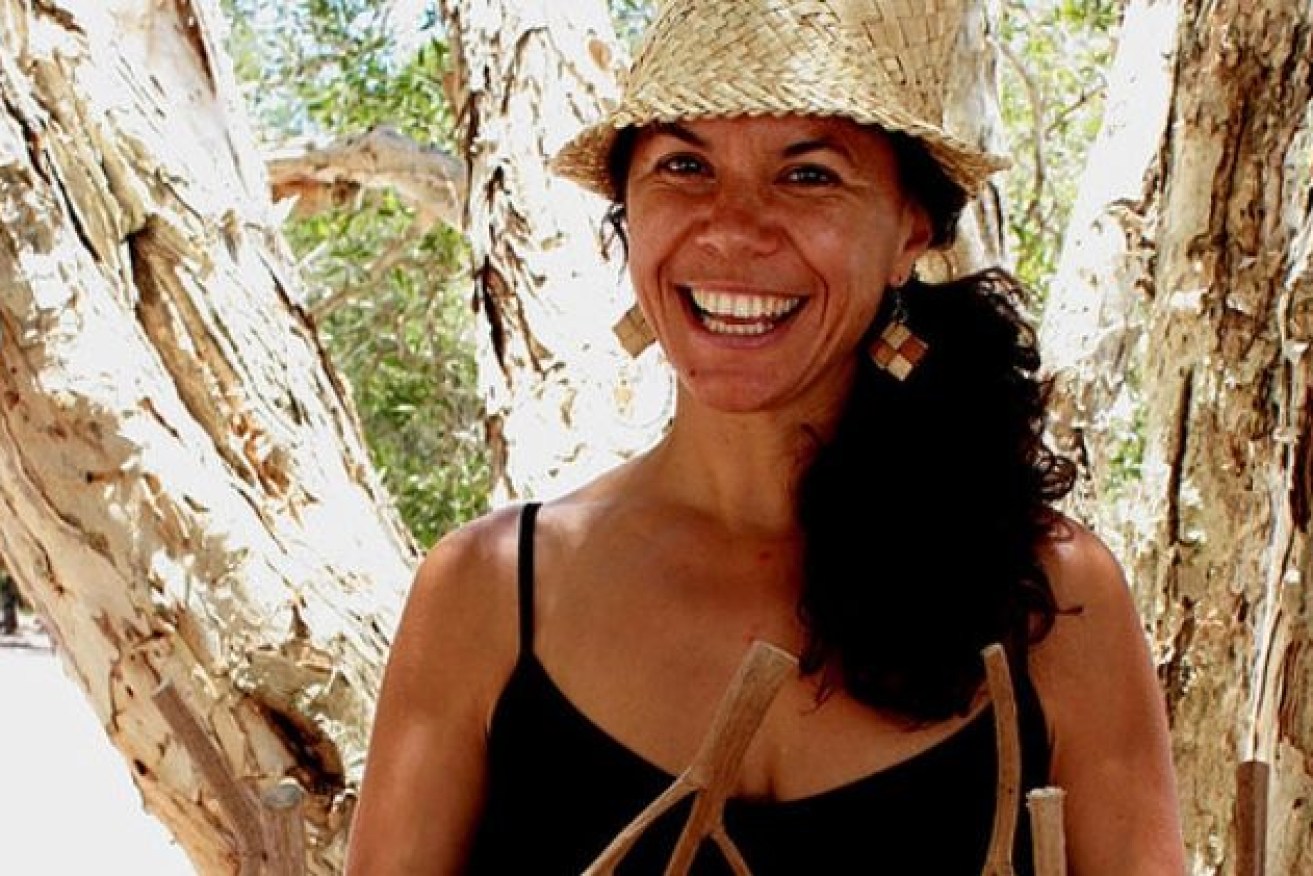North Stradbroke arts and culture ‘integral’ for post-mining future
Indigenous art forms are said to be experiencing a renaissance of sorts on Queensland’s North Stradbroke Island and it could see the former sand mining site carve out a new economic driver.

Artist Anaheke Metua aims to retell the stories of her heritage through her artwork. (Photo: Supplied)
Indigenous art forms and culture are said to be experiencing a renaissance of sorts on Queensland’s North Stradbroke Island, also known as Minjerribah, and it could see the tourism destination and former sand mining site carve out a new economic driver.
Local woven fibres artist Anaheke Metua, who runs weaving workshops, said people wanted connect with the land and the community.
“It’s a time where people want more depth in their experiences of where they go and the people they meet and the places they get to enjoy, like Minjerribah,” she said.
“The feedback that I’ve had in the short time that I’ve been [on North Stradbroke Island], facilitating workshops, is that people have been thirsty for it.”
Metua has an in-depth knowledge of weaving and basketry techniques from around the world, which she combines with her knowledge of native fibres, to create woven pieces like baskets, wall hangings light shades and sculptures.
The New Zealand artist, who considers herself a visitor on country, draws inspiration from her own Cook Island and Maori origins, as well as that of Minjerribah’s traditional owners, the Quandamooka people.
“I have been developing myself as a cultural voice, for myself, relearning my own cultural identity and [that] of my ancestors.”
“My work as a weaver and a visual artist is about retelling those stories using visual art.”
Quandamooka Yoolooburrabee Aboriginal Corporation chief executive Cameron Costello said the work of local artists like Metua could help pave the way for the island’s future as it transitions away from sand-mining.
“Arts and cultures are playing an integral role in the economic transition,” Costello said.
“One of the key things that we’re looking to develop in the post-mining economy is recreational trails, and incorporated into that will be arts as well.”
Sand mining on North Stradbroke Island began in the 1950s and was a source of income for many Indigenous people on the island.
It was the focus of protests and legal battles, and in 2016 the Labor Government passed laws to phase out mining on the island.
It was phased out completely in December 2019.
North Stradbroke as an ‘art island’
Costello said when the Quandamooka people were awarded recognition of their native title rights in 2011, it saw a cultural renaissance.
He hopes to see North Stradbroke transition into “an art island” and become a destination for Indigenous and non-Indigenous arts and culture.
He said the Quandamooka Festival and infrastructure projects like the Quandamooka Arts Museum and Performance Institute, which is set to be completed in mid-2021, act as building blocks towards this.
“We’re essentially creating an eco-system that will allow arts and culture to flourish,” Costello said.
“That has economic spin-offs for all the businesses on the island.”
And an arts trail is not far off, according to Metua.
“One of the things I’m really excited about and happy to be a part of is the development of an art trail, where people can come to the island and tap into a broad range of art … that’s existed there for a long time,” Metua said.
As part of the art trail, demonstrations, workshops and exhibitions will be on offer around the island’s three major townships during the 2020 September school holidays.
– ABC / Edwina Seselja












